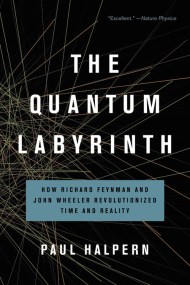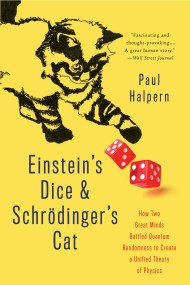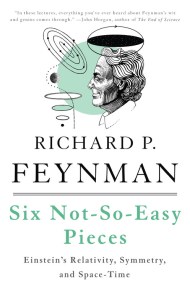By clicking “Accept,” you agree to the use of cookies and similar technologies on your device as set forth in our Cookie Policy and our Privacy Policy. Please note that certain cookies are essential for this website to function properly and do not require user consent to be deployed.
What Is Real?
The Unfinished Quest for the Meaning of Quantum Physics
Contributors
By Adam Becker
Formats and Prices
Price
$12.99Price
$16.99 CADFormat
Format:
- ebook $12.99 $16.99 CAD
- Hardcover $32.00 $42.00 CAD
- Trade Paperback $19.99 $24.99 CAD
Also available from:
"A thorough, illuminating exploration of the most consequential controversy raging in modern science." —New York Times Book Review
An Editor's Choice, New York Times Book Review
Longlisted for PEN/E.O. Wilson Prize for Literary Science Writing
Longlisted for Goodreads Choice Award
An Editor's Choice, New York Times Book Review
Longlisted for PEN/E.O. Wilson Prize for Literary Science Writing
Longlisted for Goodreads Choice Award
Every physicist agrees quantum mechanics is among humanity's finest scientific achievements. But ask what it means, and the result will be a brawl. For a century, most physicists have followed Niels Bohr's solipsistic and poorly reasoned Copenhagen interpretation. Indeed, questioning it has long meant professional ruin, yet some daring physicists, such as John Bell, David Bohm, and Hugh Everett, persisted in seeking the true meaning of quantum mechanics. What Is Real? is the gripping story of this battle of ideas and the courageous scientists who dared to stand up for truth.
"An excellent, accessible account." —Wall Street Journal
"Splendid. . . . Deeply detailed research, accompanied by charming anecdotes about the scientists." —Washington Post
Genre:
- On Sale
- Mar 20, 2018
- Page Count
- 384 pages
- Publisher
- Basic Books
- ISBN-13
- 9780465096060
Newsletter Signup
By clicking ‘Sign Up,’ I acknowledge that I have read and agree to Hachette Book Group’s Privacy Policy and Terms of Use







